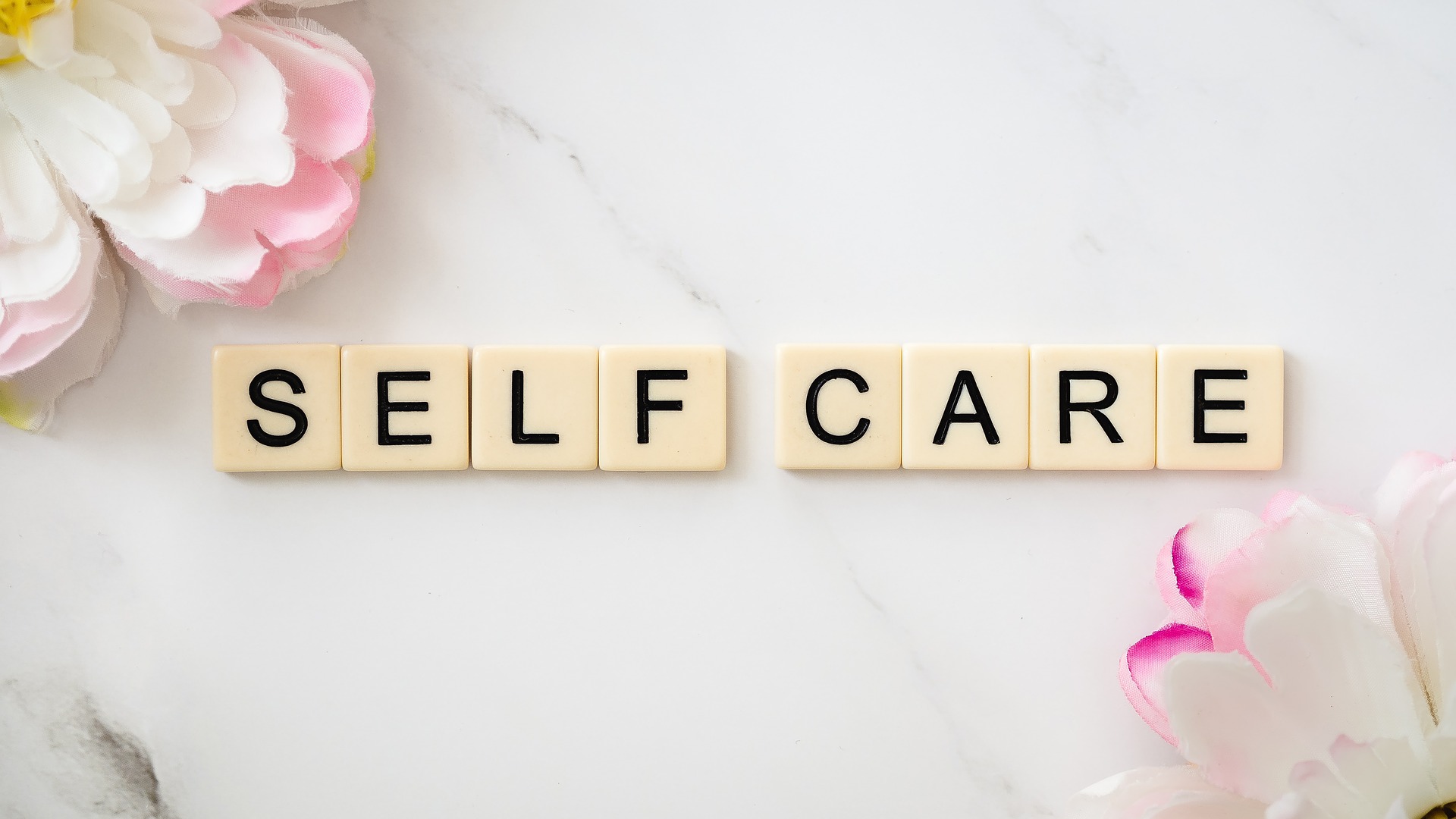The Importance of Self-Care for Students
In the fast-paced world of middle and high school, students often find themselves juggling various responsibilities, including homework, extracurricular activities, and social lives. With so much to manage, it’s easy to overlook the importance of self-care. But what exactly is self-care? At its core, self-care is about taking care of your physical, mental, and emotional health. It’s a practice that involves making time for yourself, recognizing your needs, and doing what is necessary to maintain your well-being. Understanding and practicing self-care is crucial, especially for students who are navigating the challenges of adolescence.
Practicing self-care is essential for several reasons. First and foremost, it helps ensure that you stay healthy. Engaging in self-care allows you to recharge and rejuvenate, which is vital in preventing stress and burnout. When you prioritize your well-being, you enhance your ability to focus and be productive. Students who practice self-care often find that they can tackle their schoolwork more effectively, leading to better grades and a more positive school experience. Additionally, self-care can improve your overall energy levels, making it easier to participate in activities you enjoy.
One of the simplest yet most effective self-care practices is taking breaks during study sessions. It may seem counterintuitive to step away from your work, but taking short breaks can actually improve your focus. When you study for long periods without a break, your mind can become overwhelmed and fatigued. This can lead to burnout, where you feel exhausted and unable to concentrate. Instead, try breaking your study time into manageable chunks. For example, after studying for 25 to 30 minutes, take a five-minute break to stretch, grab a snack, or even take a quick walk outside. This practice can refresh your mind and help you return to your studies with renewed energy and concentration.
Another crucial aspect of self-care is ensuring that you get enough sleep each night. Sleep is often one of the first things students sacrifice in the name of productivity, but it is essential for your overall health and academic success. Lack of sleep can affect your ability to concentrate, solve problems, and retain information. When you are well-rested, you are more alert and ready to tackle the challenges of the day. Aim for seven to nine hours of sleep each night to support your body’s natural rhythms and enhance your performance in school. If you struggle with sleep, consider establishing a bedtime routine that helps signal to your body that it’s time to wind down. This could include reading, listening to calming music, or practicing relaxation techniques.
In addition to taking breaks and prioritizing sleep, self-care can also involve engaging in physical activities that you enjoy. Exercise is a fantastic way to relieve stress, boost your mood, and improve your overall physical health. Whether it’s playing a sport, going for a run, or practicing yoga, find an activity that you love and make it a regular part of your routine. Not only will it help you stay fit, but it will also provide a much-needed outlet for releasing pent-up energy and frustration.
Self-care also includes nurturing your emotional health. This can mean spending time with friends and family, practicing mindfulness, or engaging in hobbies that bring you joy. Surrounding yourself with supportive people who understand your challenges can make a significant difference in how you manage stress. Additionally, taking time for hobbies or creative outlets, like drawing, playing music, or writing, can be incredibly fulfilling and serve as a great way to express your feelings.
Lastly, remember that self-care is not a one-size-fits-all approach. It looks different for everyone, so it’s essential to find what works best for you. Experiment with different practices, and don’t hesitate to adjust them as your needs change. The most important thing is to listen to your body and mind and prioritize your well-being.
In conclusion, self-care is a vital practice for students, as it directly influences your health, focus, and energy levels. By incorporating breaks into your study routine, ensuring you get enough sleep, engaging in physical activities, and nurturing your emotional health, you can create a balanced lifestyle that promotes both personal growth and academic success. Remember, taking care of yourself is not just a luxury; it is a necessity. So, take the time to practice self-care and watch as it positively impacts your life.

